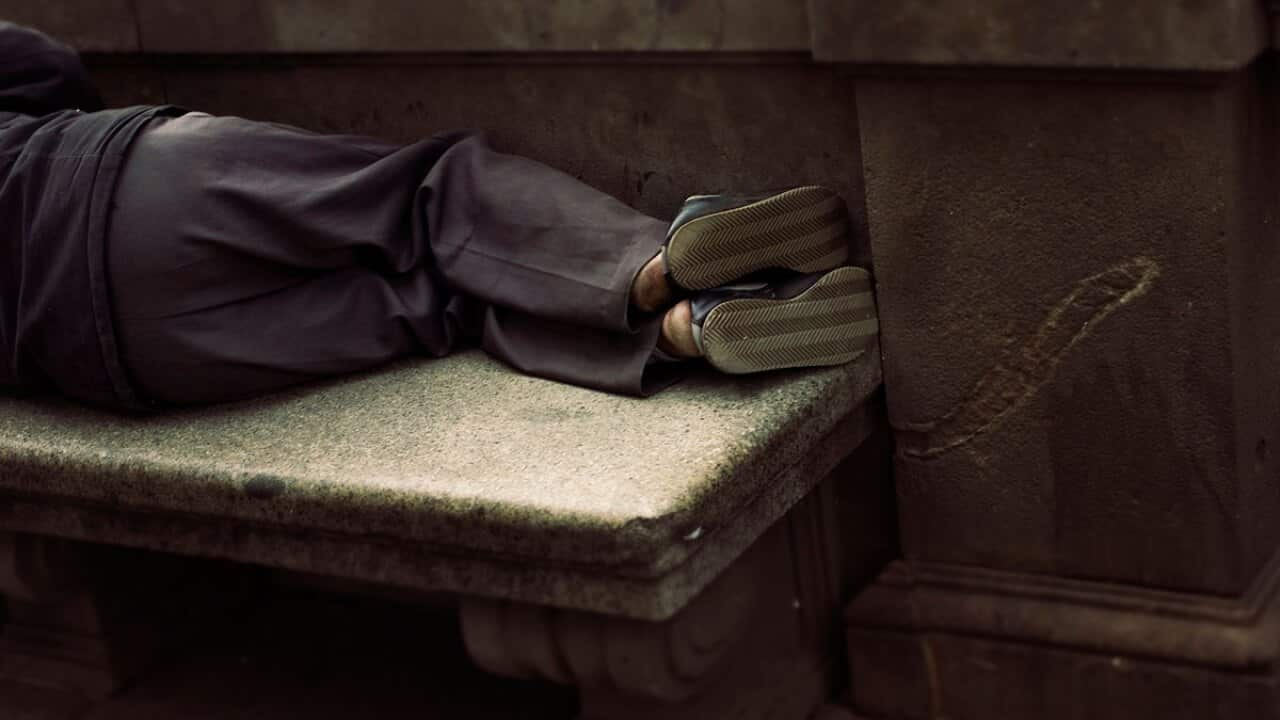At the age of nine, Basbibi* and her family escaped war-torn Afghanistan to establish a new life in Australia.
“All of my family lived in Afghanistan but the circumstances weren’t very good because of the Taliban; it wasn’t safe,” Basbibi tells SBS.
Settling into Adelaide at the age of nine, Basbibi’s life instantly improved. But although her family felt safe for the first time in their lives, swapping one home for another in a significantly different country was a monumental challenge.
“Everything was different, literally everything was completely different. The culture shock was hard to get used to. Coming here and trying [to assimilate] into society.”
One of those challenges was money. Back home in Afghanistan, Basbibi’s parents worked as farmers, as did most people in her community.
Everything was different, literally everything was completely different. The culture shock was hard to get used to. Coming here and trying [to assimilate] into society.
“A lot of people in Afghanistan are farmers and that’s what my parents did, grow vegetables and raise cattle and sheep. We had financial stability from that, obviously, day-to-day, food was hard to get because the Taliban was always wrecking people’s property and crops.”
Although Basbibi had the freedom for the first time to be freely educated, the family struggled financially to get by, especially as using their skills as farmers wasn’t an option in Adelaide.
READ MORE

The truth about poverty
Basbibi’s father used his welding skills to pick up work, while her mother decided to focus on learning English and learning about her new home.
“Mum focused on getting to know the culture, so she went to TAFE to study English and try and fit in. [Dad] managed to learn English while he was working.”
Being a one-income family with eight children made things extremely tough for many years.
“We have a big family, so things like uniforms, textbooks and excursions were really hard to get at times. As a child, you ask your parents why you can’t have something or why someone else can have something and we can’t.”
Newly arrived migrants, particularly those without English, are more vulnerable to poverty and disadvantage.
Basbibi’s family is far from alone. While anyone can fall on hard times, people from culturally and linguistically diverse (CALD) backgrounds are at an even higher risk. A report from Multicultural Mental Health Australia revealed that not speaking English proficiently and lacking familiarity with the service system, along with often being disconnected from their families and close friends, means that they are far less likely to receive help when their economic situations falter.
A National Association of Community Legal Centres report from the NGO Coalition reveals that the “disproportionate disadvantage” of CALD Australians is often reflected in unemployment, poverty, and access to government services.
“Newly arrived migrants, particularly those without English, are more vulnerable to poverty and disadvantage,” the report stated.
READ MORE

The truth about disadvantage
According to the Australian Bureau of Statistics, 72 per cent of humanitarian-stream migrants, 58 per cent of family stream migrants and 38 per cent of skilled migrants earn less than $600 per week, less than the national minimum wage of $694.90 per week.
The National Association of Community Legal Centres has urged all governments to create “targeted measures” to help lift CALD people out of poverty.
Mum focused on getting to know the culture, so she went to TAFE to study English and try and fit in. [Dad] managed to learn English while he was working.
Through hard work, determination and assistance from The Smith Family through its Learning for Life program, Basbibi graduated from university with a degree in international relations. She dreams of even higher achievements to do a PhD and work in the immigration sector, so she can help refugees from across the world settle into Australia.
“Things have gotten much better, because everyone is slowly getting out of the family home - two of my sisters are married and my brother is married and my siblings are slowly moving out, so that makes things easier. Things are better, much better.
“Finishing university was one of the biggest achievements of my life and I’m so glad that I can now start a new phase of life.”
Note: surname omitted for privacy reasons
Struggle Street series two is produced by KEO Films with funding support from Screen Australia and Film Victoria.
Share








